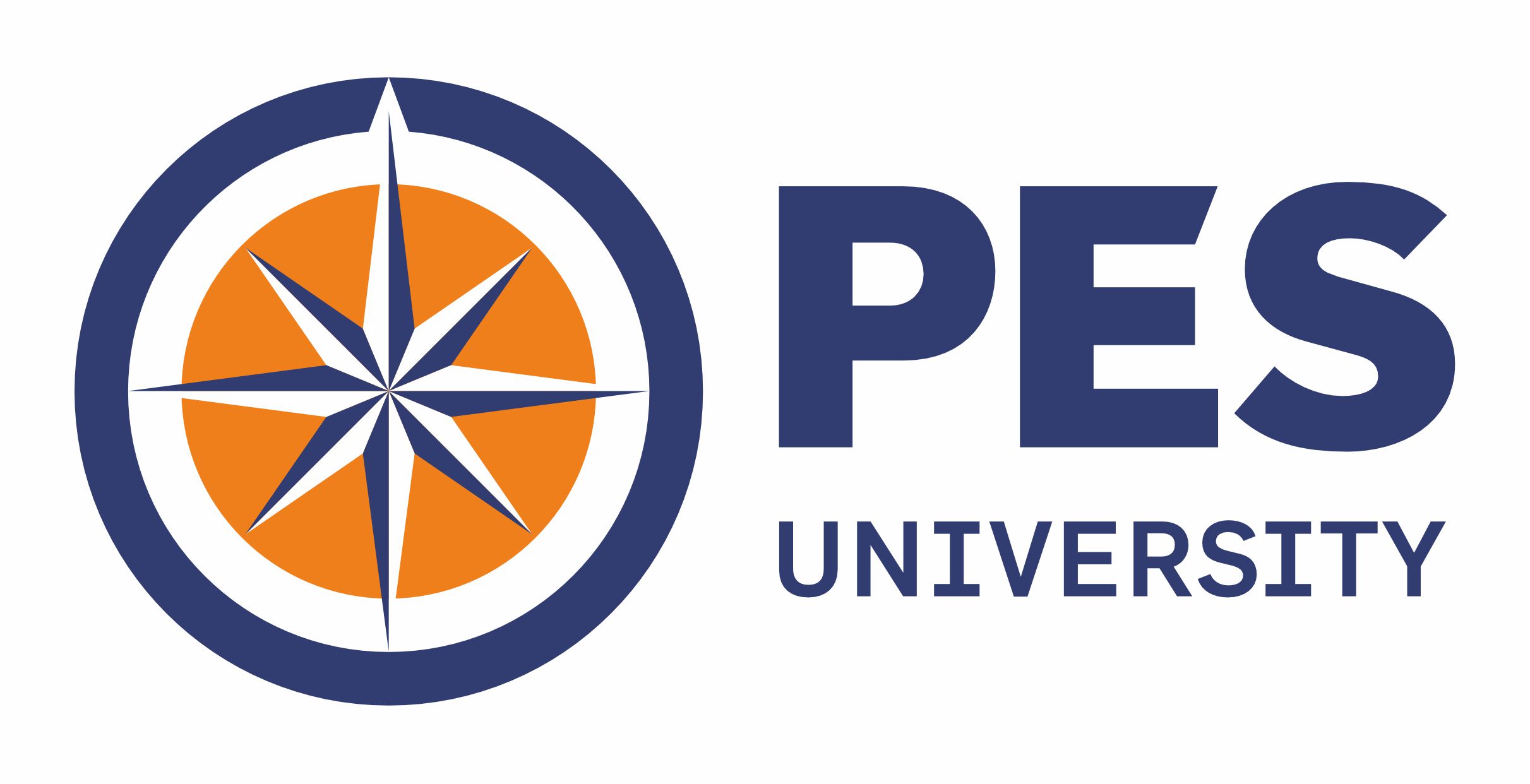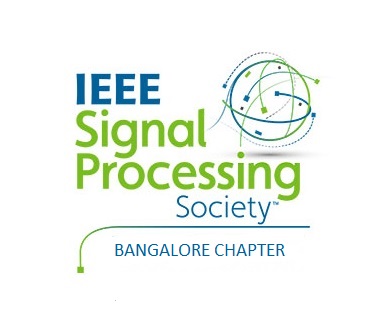Speakers
Speaker: Dr. C. Mohan, Distinguished Visiting Professor, Tsinghua University, China
Title of Talk: Artificial Intelligence (AI): Past, Present and Future
Biography: Dr. C. Mohan is currently a Distinguished Professor of Science at Hong Kong Baptist University, a Distinguished Visiting Professor at Tsinghua University in China, and a member of the inaugural Board of Governors of Digital University Kerala. He retired in June 2020 from being an IBM Fellow at the IBM Almaden Research Center in Silicon Valley. He was an IBM researcher for 38.5 years in the database, blockchain, AI and related areas, impacting numerous IBM and non-IBM products, the research and academic communities, and standards, especially with his invention of the well-known ARIES family of database locking and recovery algorithms, and the Presumed Abort distributed commit protocol. This IBM (1997-2020), ACM (2002-) and IEEE (2002-) Fellow has also served as the IBM India Chief Scientist (2006-2009). In addition to receiving the ACM SIGMOD Edgar F. Codd Innovations Award (1996), the VLDB 10 Year Best Paper Award (1999) and numerous IBM awards, Mohan was elected to the United States and Indian National Academies of Engineering (2009), and named an IBM Master Inventor (1997). This Distinguished Alumnus of IIT Madras (1977) received his PhD at the University of Texas at Austin (1981). He is an inventor of 50 patents. During the last many years, he focused on Blockchain, AI, Big Data and Cloud technologies (https://bit.ly/sigBcP, https://bit.ly/CMoTalks). Since 2017, he has been an evangelist of permissioned blockchains and the myth buster of permissionless blockchains. During 1H2021, Mohan was the Shaw Visiting Professor at the National University of Singapore. In 2019, he became an Honorary Advisor to the Tamil Nadu e-Governance Agency. In 2020, he joined the Advisory Board of the Kerala Blockchain Academy. Since 2016, Mohan has been a Distinguished Visiting Professor of China’s prestigious Tsinghua University. In 2023, he was named Distinguished Professor of Science of Hong Kong Baptist University. In 2021, he was inducted as a member of the inaugural Board of Governors of the new Indian university Digital University Kerala. Mohan has served on the advisory board of IEEE Spectrum, and on numerous conference and journal boards. During most of 2022, he was a consultant at Google with the title of Visiting Researcher. He has also been a Consultant to the Microsoft Data Team in 2020. Mohan is a frequent speaker in North America, Europe and Asia. He has given talks in 43 countries. He is highly active on social media and has a huge network of followers. More information can be found in the Wikipedia page at https://bit.ly/CMwIkP and his homepage at https://bit.ly/CMoDUK.
Abstract: Ever since the conduct of the historically famous 1956 Dartmouth Summer Workshop, which has come to be regarded as the birthplace of the field of Artificial Intelligence (AI), significant amount of progress has been made in AI with intermittent periods of intense activity. Topics of focus for research and development have varied over the last 6 decades. Unfortunately, during that time, many promises and disappointments have also been associated with AI. Developments in related areas of computer science (e.g., hardware and big data) have also been significantly responsible for the recent renewed momentum behind AI. As progress is made, while numerous benefits of AI are anticipated, many apprehensions have also arisen with respect to the societal impact of AI. Of late, there is also the widespread tendency to equate AI to just machine learning and that is incorrect! Even more recently, ChatGPT and similar systems based on Large Language Models (LLMs) have become topics of intense speculation. In this talk, first I will survey some of the historical AI developments and then focus on the current areas of investigations across academia and industry. Then, I will briefly touch on the remaining areas of exploration for more positive outcomes to emerge from the adoption of AI technologies in major segments of society at large. Some of the ongoing work in my former workplace, IBM, will also be discussed. Both software and hardware developments will be covered. I will also briefly touch upon on-going AI work in Asia (e.g., China, India), Europe and USA. Even people outside of computer science will be able to appreciate this talk.
Speaker: Dr. RangaRao Venkatesha Prasad, Faculty of Engineering, Mathematics and Computer Science (EWI), Delft University of Technology (TU Delft), The Netherlands
Title of Talk: Taking IoT to the Extreme
Biography: Dr. R Venkatesha Prasad is an associate professor at the Networked Systems group of Delft University of Technology (TU Delft). Between 2005 and 2012, he was a senior researcher and adjunct faculty at TU Delft. At TU Delft, he has supervised 21 PhD students (19 graduated, 2 ongoing) and 62 MSc students. He has (co-)authored more than 300 publications in peer-reviewed international transactions/journals, Patents, and conferences in the areas of Tactile Internet, Internet of Things (IoT), Cyber Physical Systems (CPS), Energy-harvesting, 60 GHz mmWave networks, Smartenergy systems, Personal networks, Cognitive Radios and Voice over Internet Protocol (VoIP). He has been successful in acquiring and executing several European and Dutch national projects in the areas of IoT, Future home networks (60 GHz), Smart-energy systems, Personal networks, and Cognitive Radios. Venkatesha Prasad received his 4TU University Teaching Qualification diploma with excellence in 2014. Recognizing his research contributions to IoT, he has been selected as an IEEE Communication Society (ComSoc) Distinguished Lecturer on the Internet of Things for the period 2016-2018. He has been contributing significantly to valorizing research to practice by contributing to standards on Cognitive radios and Tactile Internet. He is currently the vice-chair of the IEEE Tactile Internet standardization group. He is also leading many IEEE activities through positions on standards boards (secretary in the ComSoc standards board) and technical committees (vice-chair of the cognitive networking committee in 2013-16). He is on the editorial board of many international transactions and magazines and is a regular TPC member for many prestigious journals and conferences. He was responsible for the signing of the MoU between IISc - TU Delft and he is anchoring the Indian Space Research Organization (ISRO) and TU Delft cooperation. He was the Deputy Project Director for Lunar Zebro – a moon rover project. He is a senior member of IEEE and ACM. He is a Fellow of IETE. He completed his PhD from IISc, Bangalore, India in 2003. During his PhD research, a scalable VoIP conferencing platform was designed. His thesis work led to a start-up venture, Esqube Communication Solutions. While at Esqube, eight patent applications and three PCT applications were filed along with his colleagues. He was instrumental in Esqube’s selection as top 100 IT innovators in India in 2006 by NASSCOM and the top 100 promising companies in Asia by RedHerring in 2008. Recently, he led a student team to win the worldwide Airbus challenge -- Fly Your Ideas (2019).
Abstract: In this interactive and thought-provoking session, we will embark on a captivating exploration into the remarkable world of systems that have some extreme characteristics. These systems hold immense potential to benefit us even in applications that confront extreme limits. While the Internet of Things (IoT) has already revolutionized our interaction with technology by connecting everyday objects to the digital world, this lecture takes us beyond conventional boundaries. We will dive deeper into the realm of extreme IoT, where we push the limits and discover how IoT can thrive and excel in environments with traditional constraints. We will explore various aspects, including crucial factors such as battery life, longevity, delay, and the challenging environmental conditions in which these systems must operate. By challenging the status quo, we uncover novel solutions that overcome these hurdles and unleash the true potential of sensors and radios. Prepare to be inspired as we present real-world examples and showcase research that demonstrates the transformative power of of this field. Through this interactive session, we will, together, engage, ponder, and envision the future possibilities that lie within the realm of extreme IoT.
Speaker: Dr. Sanjay K Madria, Curators’ Distinguished Professor, Department of Computer Science, Missouri University of Science and Technology, Rolla, MO 65409, USA

Title of Talk: Efficient Revocation in Attribute-based Encryption Scheme for Secure Data Sharing in Cloud
Biography: Sanjay K Madria is a Curators’ Distinguished Professor in the Department of Computer Science at the Missouri University of Science and Technology (formerly, University of Missouri-Rolla, USA). He has published over 285+ Journal and conference papers in the areas of cybersecurity, mobile and sensor computing, Big data and cloud computing, and data analytics. He won five IEEE best papers awards in conferences such as IEEE MDM and IEEE SRDS. He is a co-author of a book (published with his two Ph.D. graduates) on Secure Sensor Cloud published by Morgan and Claypool in Dec. 2018. He has graduated 20 PhDs and 33 MS thesis students, with 8 current PhDs. NSF, NIST, ARL, ARO, AFRL, DOE, Boeing, CDC-NIOSH, ORNL, Honeywell, and others have funded his research projects of over $18M. He has been awarded JSPS (Japanese Society for Promotion of Science) invitational visiting scientist fellowship, and ASEE (American Society of Engineering Education) fellowship. In 2012 and in 2019, he was awarded NRC Fellowship by National Academies, US. He is ACM Distinguished Scientist and served as an ACM and IEEE Distinguished Speaker He is an IEEE Senior Member as well as IEEE Golden Core Awardee.
Abstract: Attribute-based encryption (ABE) is a prominent cryptographic tool for secure data sharing in the cloud because it can be used to enforce very expressive and fine-grained access control on outsourced data. The revocation in ABE remains a challenging problem as most of the revocation techniques available today, suffer from the collusion attack. The revocable ABE schemes which are collusion resistant require the aid of a semi-trusted manager to achieve revocation. More specifically, the semi-trusted manager needs to update the secret keys of non-revoked users followed by a revocation. This introduces computation and communication overhead and increases the overall security vulnerability. In this work, we propose a revocable ABE scheme that is collusion resistant and does not require any semi-trusted entity. In our scheme, the secret keys of the non-revoked users are never affected. Our decryption requires only an additional pairing operation compared to the baseline ABE scheme. We are able to achieve these at the cost of a little increase (compared to the baseline scheme) in the size of the secret key and the ciphertext. Experimental results show that our scheme outperforms the relatable existing SOA schemes.
Speaker: Dr. Vipin Chaudhary, Kevin J. Kranzusch Professor and Chair, Case Western Reserve University, USA

Title of Talk: tba
Biography: Vipin Chaudhary is the Kevin J. Kranzusch Professor and Chair of the Department of Computer and Data Sciences at Case Western Reserve University. Most recently, he was a Program Director at the National Science Foundation where he was involved in many national initiatives and the Empire Innovation Professor of Computer Science and Engineering at SUNY Buffalo. He cofounded Scalable Informatics, a leading provider of pragmatic, high performance software-defined storage and compute solutions to a wide range of markets, from financial and scientific computing to research and big data analytics. From 2010 to 2013, Dr. Chaudhary was the Chief Executive Officer of Computational Research Laboratories (CRL), a wholly owned Tata Sons company, where he grew the company globally to be an HPC cloud and solutions leader before selling it to Tata Consulting Services. Prior to this, as Senior Director of Advanced Development at Cradle Technologies, Inc., he was responsible for advanced programming tools for multi-processor chips. He was also the Chief Architect at Corio Inc., which had a successful IPO in July, 2000. Dr. Chaudhary was awarded the prestigious President of India Gold Medal in 1986 at the Indian Institute of Technology (IIT) Kharagpur where he received the B.Tech. (Hons.) degree in Computer Science and Engineering and a Ph.D. degree from The University of Texas at Austin.
Abstract:





